1. The Smothers Brothers Comedy Hour
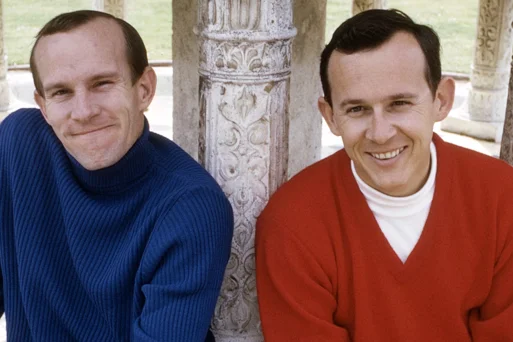
When The Smothers Brothers Comedy Hour premiered in 1967, it looked like just another musical variety show—but it quickly became one of the most controversial programs on television. Tom and Dick Smothers used their platform to push boundaries, tackling everything from the Vietnam War to civil rights, often sneaking in sharp political commentary behind their comedy skits and folk songs.
Their willingness to speak out made them beloved by young viewers and infuriating to network executives. CBS clashed with the brothers regularly, pulling segments, censoring content, and eventually canceling the show altogether in 1969, despite its popularity. The cancellation led to a lawsuit that the brothers won, but the damage was done. They became symbols of censorship and creative defiance, but their mainstream TV careers never fully recovered. Still, their legacy paved the way for future political satire on television.
2. Star Trek
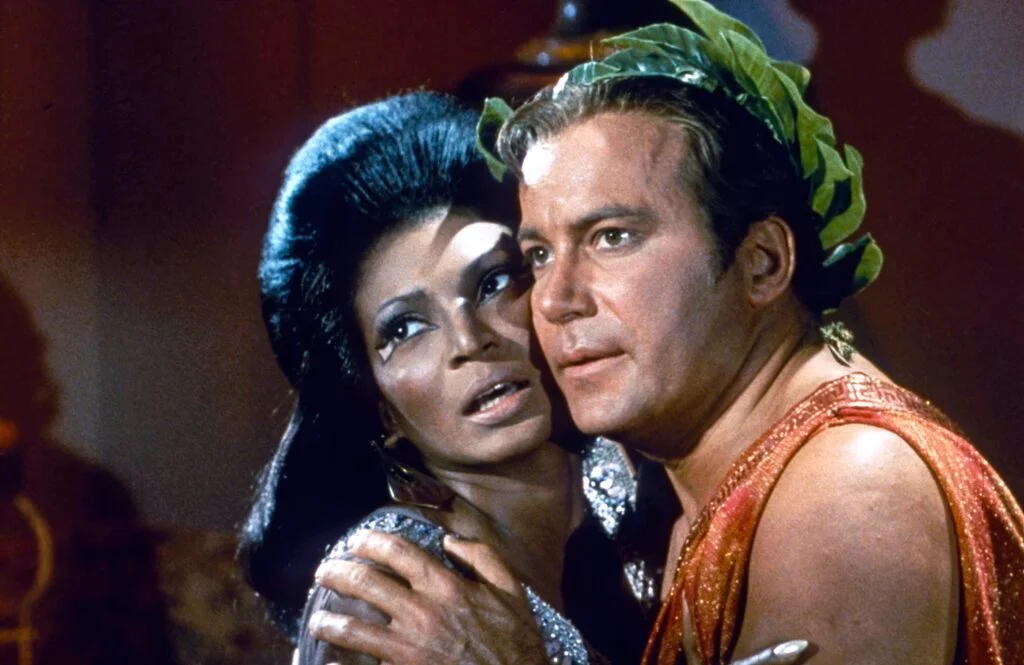
Today, Star Trek is a cultural juggernaut, but when it originally aired in the ‘60s, it was anything but a guaranteed hit. Gene Roddenberry’s vision of a diverse crew exploring the galaxy was bold for its time, especially with storylines that mirrored the social and political unrest of the era.
It featured one of the first interracial kisses on American TV, a multi-ethnic cast working as equals, and plots that dealt with race, war, and ethics. But the show struggled in the ratings and was nearly canceled after its second season. Fans famously launched a letter-writing campaign that saved it for one more year, but NBC finally pulled the plug in 1969. It wasn’t until reruns hit syndication that Star Trek found its massive fanbase, proving that its risk-taking had planted seeds that would blossom for decades.
3. The Mod Squad
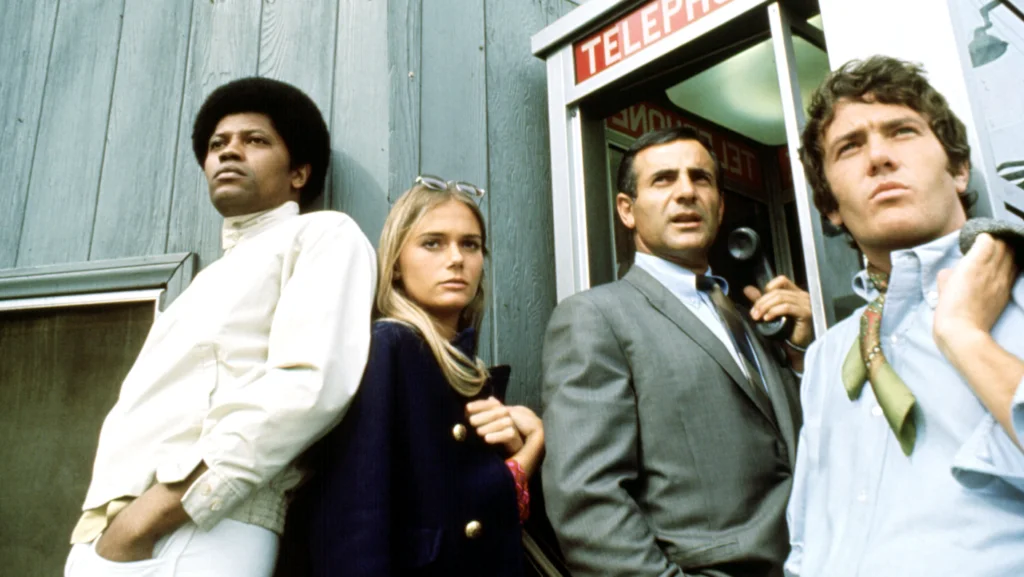
The Mod Squad tried something wildly different when it debuted in 1968: it focused on three young, counterculture outsiders working undercover for the police. The idea of hippie-looking heroes who were also informants was pretty risky at a time when distrust of law enforcement was growing.
The show leaned into its edginess, touching on issues like drug abuse, racial tension, and anti-war protests—topics most other series wouldn’t touch. While it became a success and helped define “cool” TV for the era, it also faced criticism from both sides: too tame for the youth it portrayed and too radical for more conservative viewers. Over time, its viewership dipped, and it ended in 1973. But its stylish blend of social awareness and sleek drama opened the door for grittier cop shows later on.
4. Batman
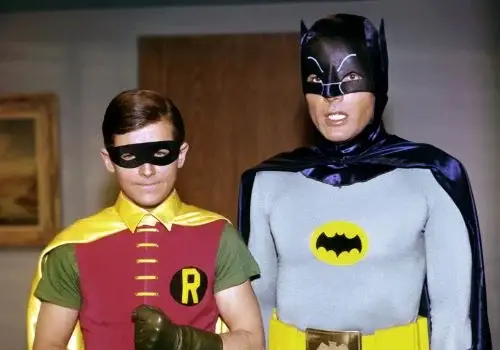
With its over-the-top colors, campy tone, and cheeky sense of humor, Batman exploded onto screens in 1966 and instantly stood out. It was more comic strip than crime drama, full of onomatopoeia fight scenes and outrageous villains played by Hollywood legends.
But the show’s commitment to zaniness was a gamble—and it worked at first. Ratings were huge in the beginning, and the merchandising went wild. However, audiences grew tired of the formula quickly, and by the third season, the novelty had worn off. ABC pulled the plug in 1968, and even though it only lasted three seasons, Batman had already cemented itself as a pop culture phenomenon. Its fall was fast, but its influence is still everywhere.
5. Peyton Place
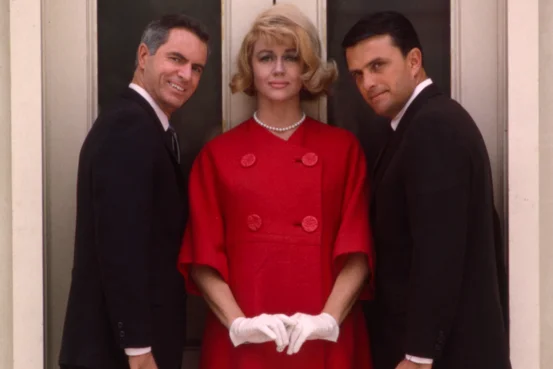
Based on a scandalous novel, Peyton Place made the leap to television in 1964 and brought soap opera drama to prime time. It was one of the first shows to air multiple times a week and wasn’t afraid to wade into taboo territory, dealing with affairs, illegitimacy, and small-town secrets.
The format was a bold experiment, and initially, it paid off. Viewers were hooked, tuning in several nights a week to catch up on the tangled lives of the town’s residents. But the intense schedule and ever-escalating drama proved hard to sustain. Ratings dipped, and by 1969, the series was canceled. Still, it changed how TV handled serialized drama and paved the way for everything from Dallas to Grey’s Anatomy.
6. The Defenders
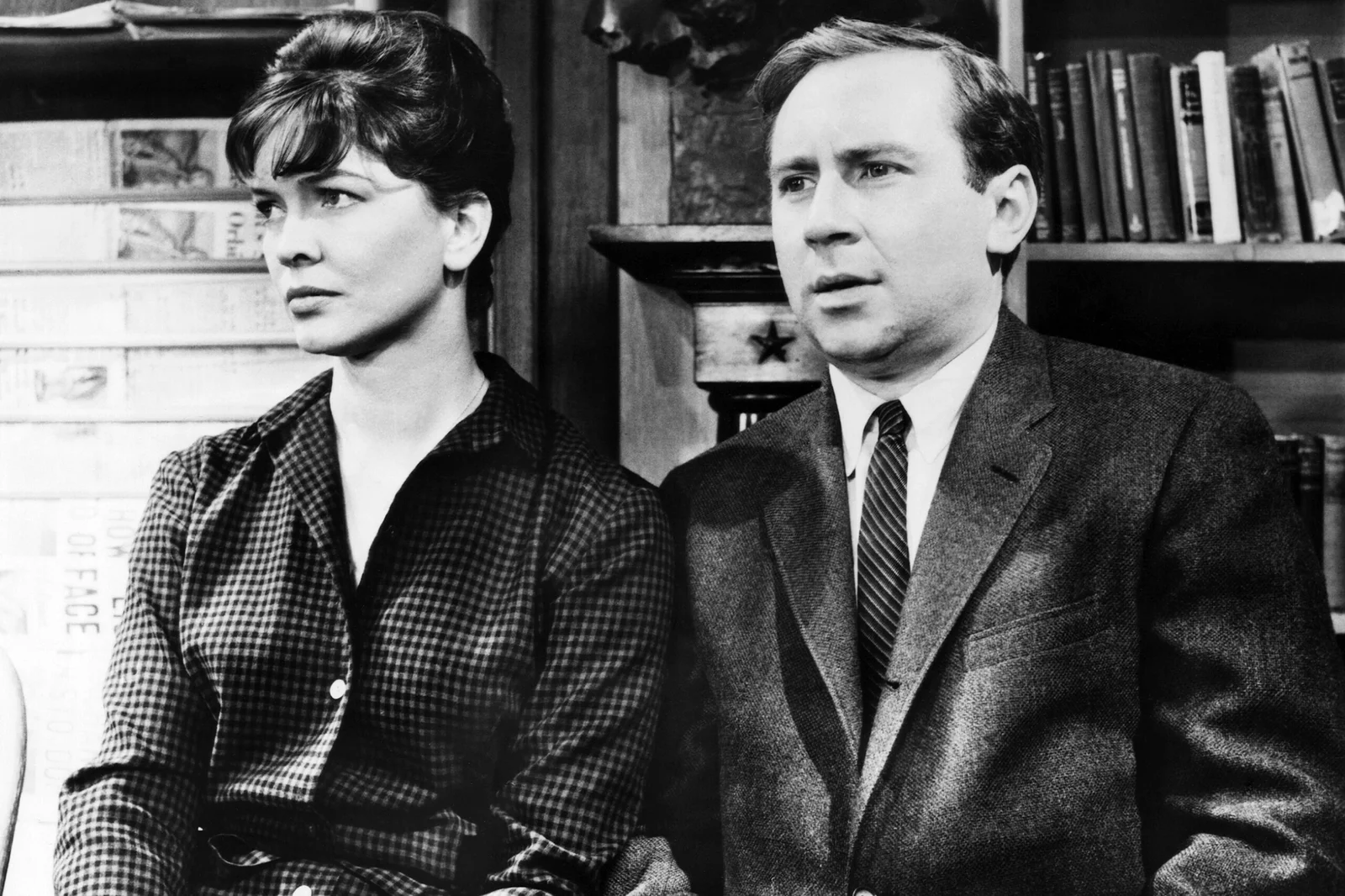
Premiering in 1961, The Defenders wasn’t your average courtroom drama. Starring E.G. Marshall and Robert Reed as a father-son attorney duo, the show didn’t shy away from deeply controversial topics. Week after week, it tackled cases involving abortion, civil rights, conscientious objectors, and even euthanasia—subjects that most networks wouldn’t touch with a ten-foot pole in the early ’60s.
Its scripts were sharp, thoughtful, and often unsettling, and that’s exactly what made the show groundbreaking. But its bravery came at a cost. Some sponsors pulled out, affiliates refused to air certain episodes, and the show regularly found itself under scrutiny. Despite winning critical acclaim and multiple Emmy Awards, The Defenders struggled to maintain mainstream appeal and ended in 1965. Still, it set a precedent for legal dramas with a conscience, proving TV could be both smart and socially relevant.


